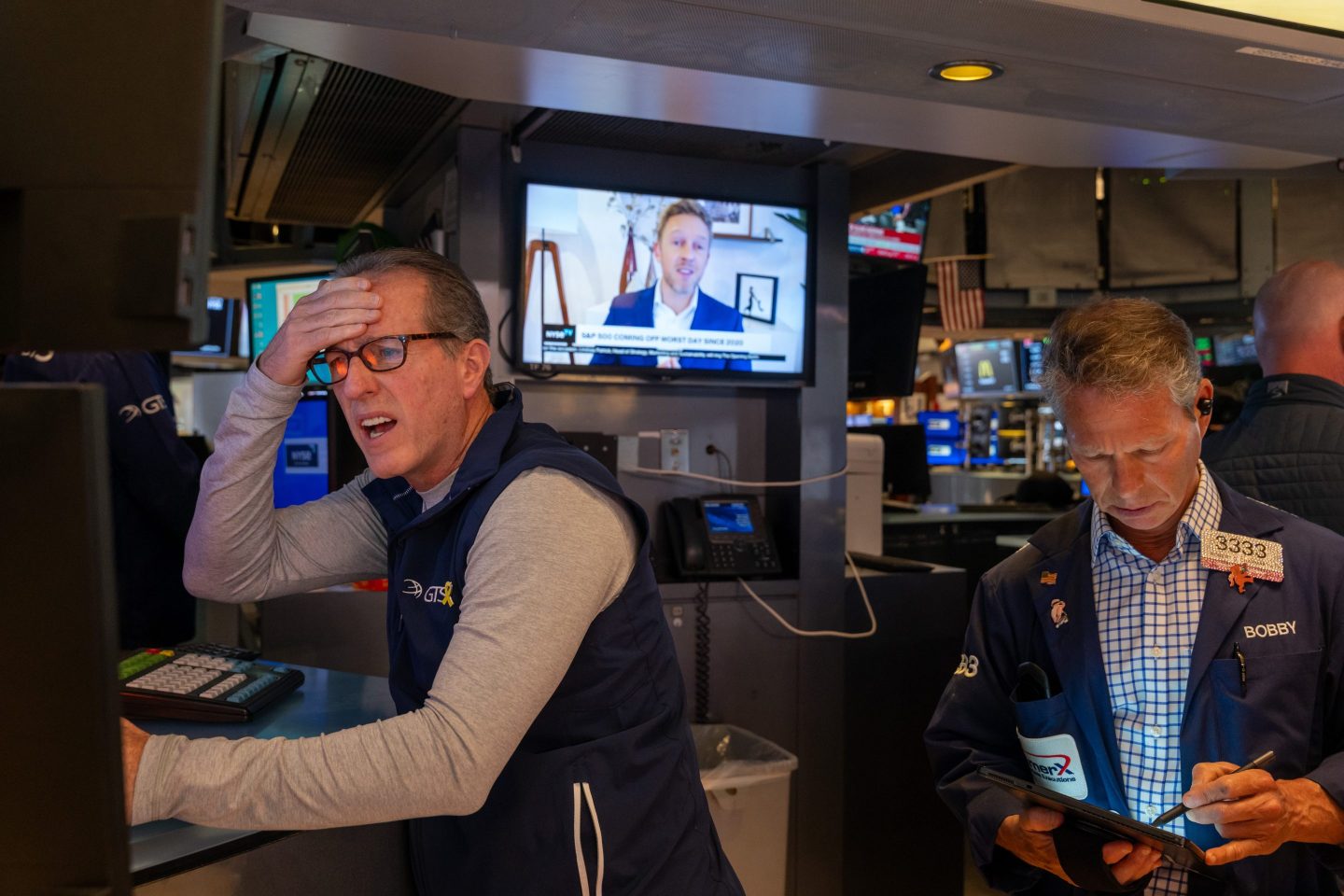The recent rollout of tariffs by President Donald Trump has prompted a spectrum of strategic responses from U.S. CEOs, offering a window into how top executives lead through economic and political disruption. For aspiring leaders, these responses provide timely lessons in navigating volatility with both foresight and finesse.
1. Staying quiet, acting strategically. Many CEOs are choosing silence over soundbites, weighing the risks of political fallout against the need to address stakeholder concerns. While leaders like Disney’s Bob Iger have reportedly expressed private concern about the tariffs’ economic impact, most are opting for discretion. Wall Street, in particular, is aiming to preserve favorable ties with the White House, reflecting a calculated effort to manage relationships with the Trump administration while addressing stakeholder concerns behind the scenes.
2. Restructuring to reduce exposure. Operational agility is proving essential. General Motors is ramping up production of light-duty trucks at its Fort Wayne, Indiana plant, while Nissan is reversing earlier plans to scale back shifts at its Smyrna, Tennessee facility. The goal: increase U.S.-based output and reduce exposure to tariffs on imports from Japan and Mexico.
3. Choosing candor in communication. Some CEOs are choosing directness. RH (formerly Restoration Hardware) CEO Gary Friedman openly acknowledged the impact of tariffs during an earnings call, as the company’s stock cratered following the announcement. His candid reaction reflected a willingness to confront market realities head-on and in real-time.
4. Advocating through industry channels. Some business leaders are channeling their concerns through industry groups to address policy challenges collectively—and, yes, hide their hands. The U.S. Chamber of Commerce, for example, expressed opposition to the tariffs, citing potential harm to businesses, workers, and consumers. This approach allows leaders to advocate for change while insulating themselves from direct political backlash.
5. Cutting costs on non-essential products. To absorb rising costs without alienating customers, businesses are quietly adjusting product designs and packaging. Tactics include removing components like batteries, shrinking packaging, switching to lighter materials, or shifting more assembly to the consumer.
The takeaway: From reworking supply chains and adjusting communications to cost-cutting innovations and quiet advocacy, CEOs are demonstrating a range of leadership strategies under pressure. Their responses reflect not only the complexity of executive leadership but also the deep interconnection between business strategy and geopolitics.
Ruth Umoh
ruth.umoh@fortune.com
Today’s newsletter was curated by Lily Mae Lazarus.
Smarter in seconds
Secret sauce. Fortune’s Best Companies to Work For have unlocked a secret to happy employees
Pipe down. Leaders, stop talking so much. Here’s why it’s hurting your team
Playbook. How the company making nearly all its money from the government is navigating Trump’s cuts
Going steady. Here’s how the best executives guide their teams in tough times
Leadership lesson
Eric Wittman, CEO of VSCO, on what it takes to create a successful company or team:
“All the people I’ve invested in, they get what it takes to be modest overachievers. [They] embrace the grit, work together with a bunch of other really great like-minded people, and are just willing to grind their way through to find those wins.”
News to know
Federal Reserve Chair Jerome Powell said President Trump’s sweeping tariffs could lead to higher prices and indicated that the central bank would continue with its wait-and-see stance. Fortune
Klarna and StubHub have delayed their IPO plans following tariff-driven market turbulence. Bloomberg
Nearly one million federal workers are suing the Trump administration, accusing the president of overstepping his authority with executive actions aimed at limiting collective bargaining. NYT
Communication between Washington and Beijing has stalled, heightening the likelihood of a prolonged cycle of retaliatory tariffs. WSJ
Alphabet and Amazon are lobbying DOGE allies in Congress to challenge Microsoft's dominance in securing multi-billion-dollar government software contracts. Bloomberg












